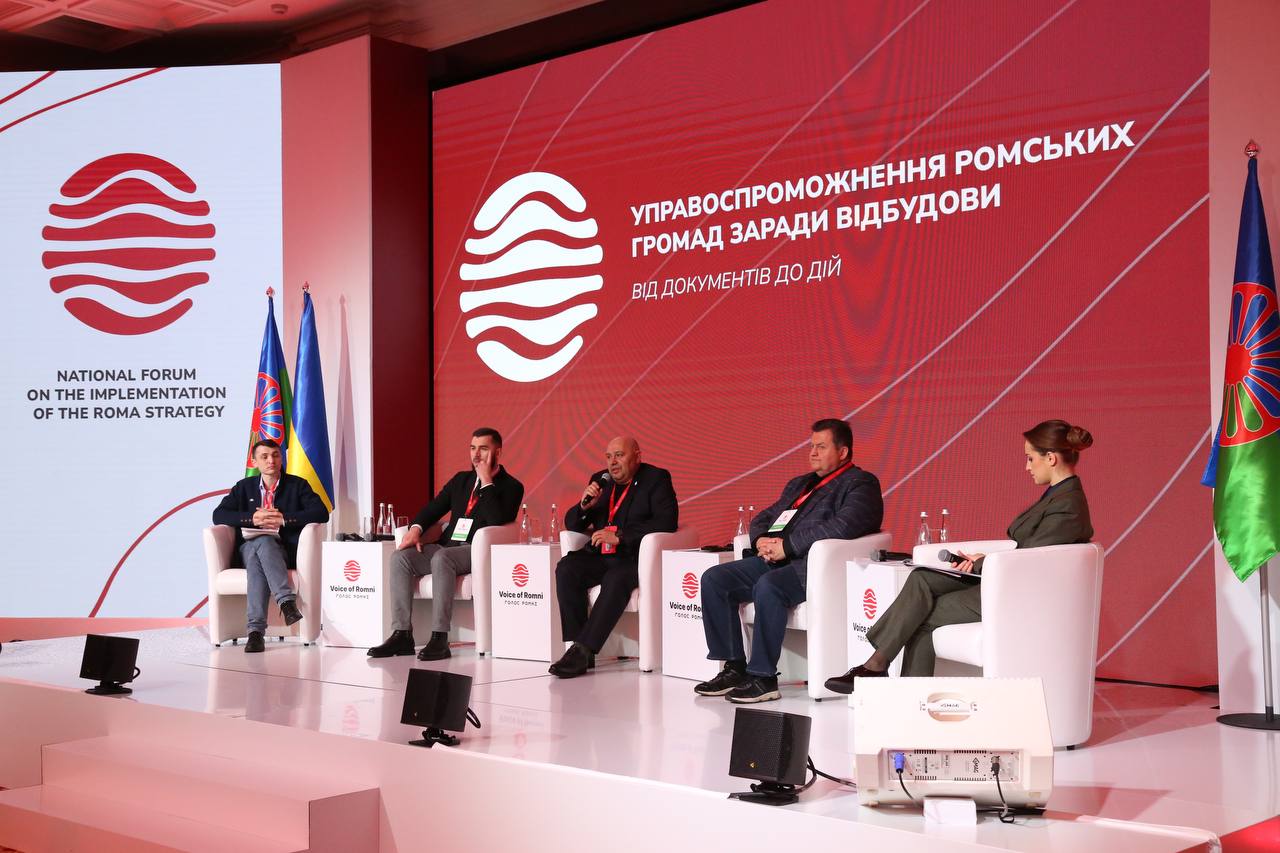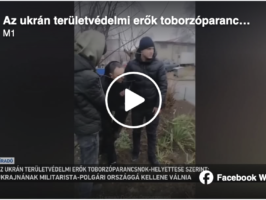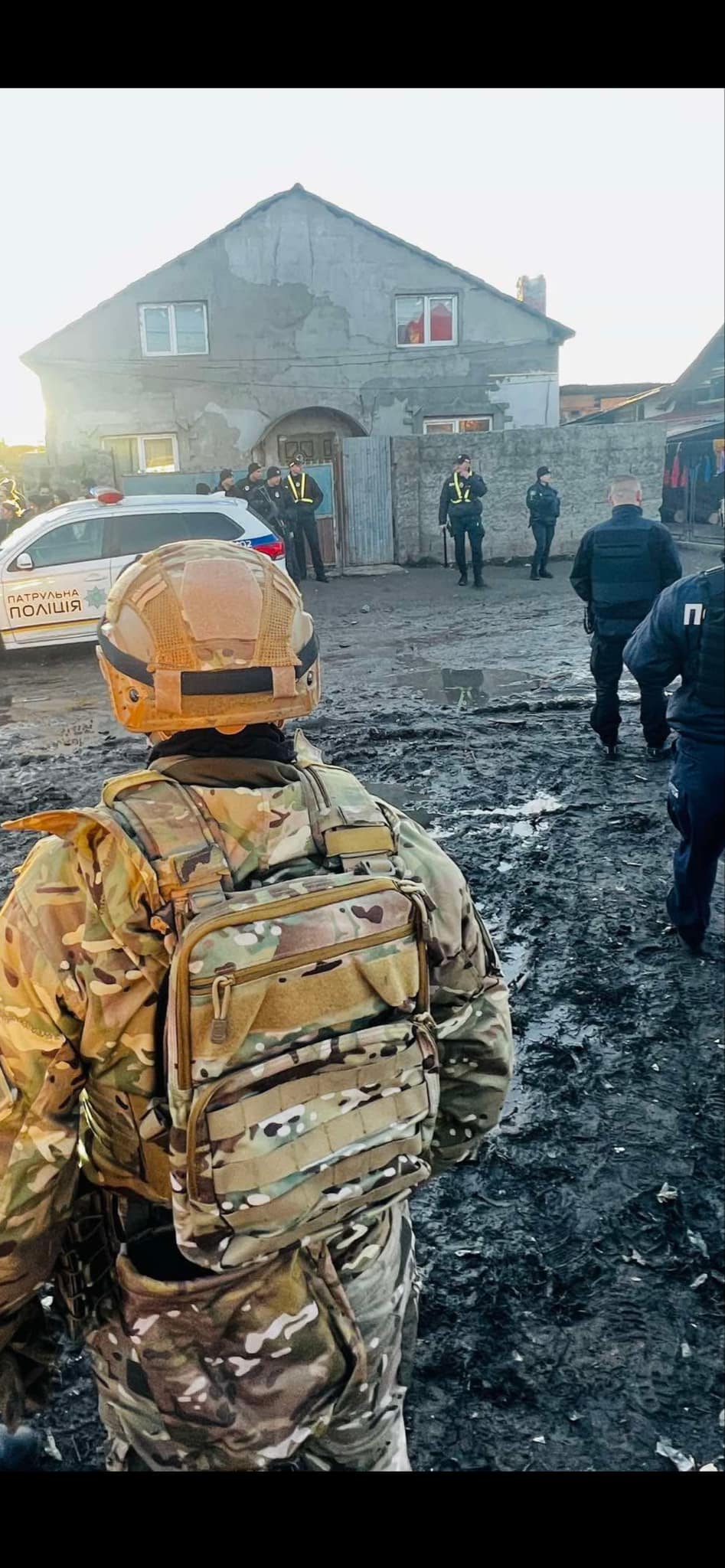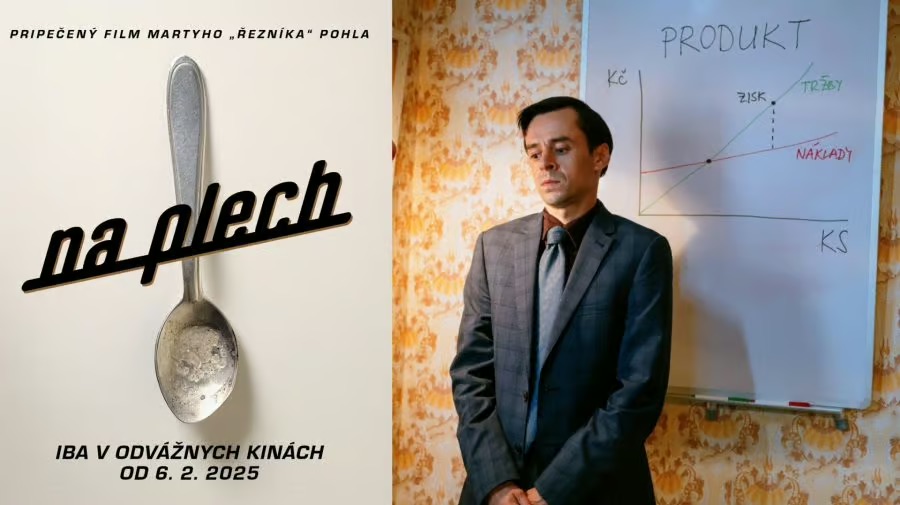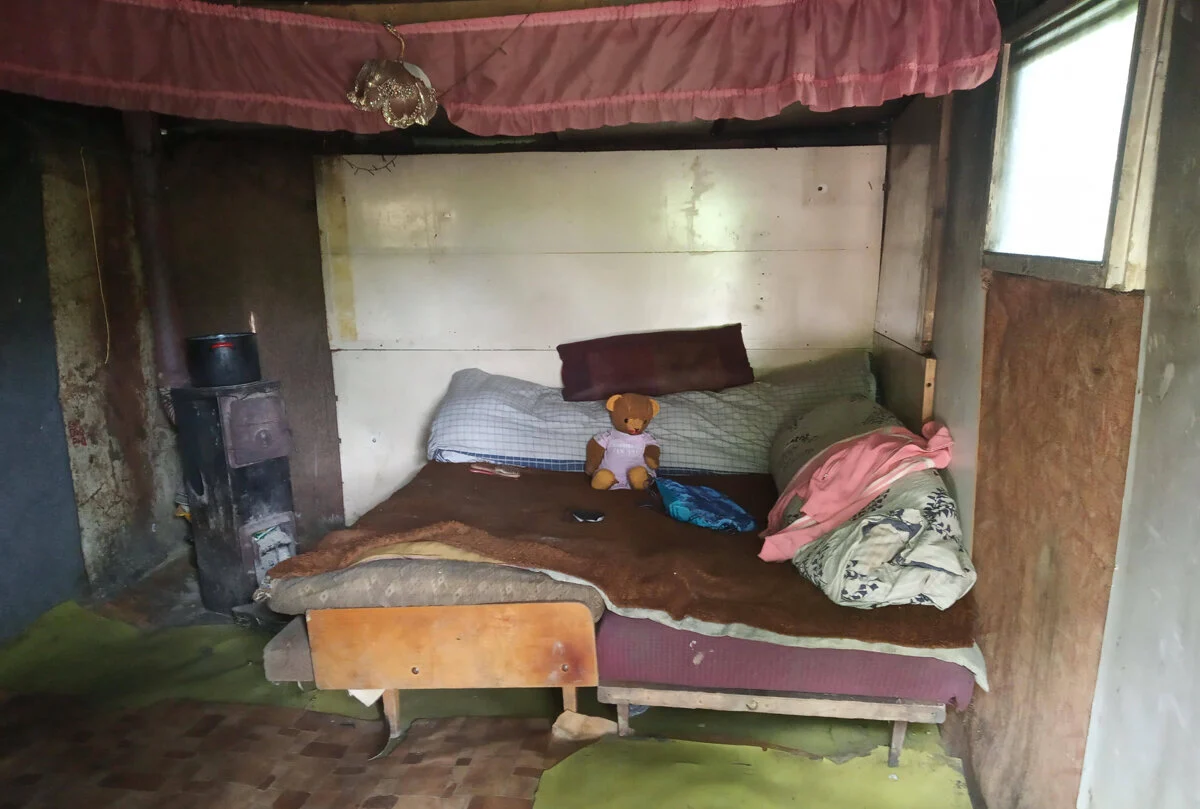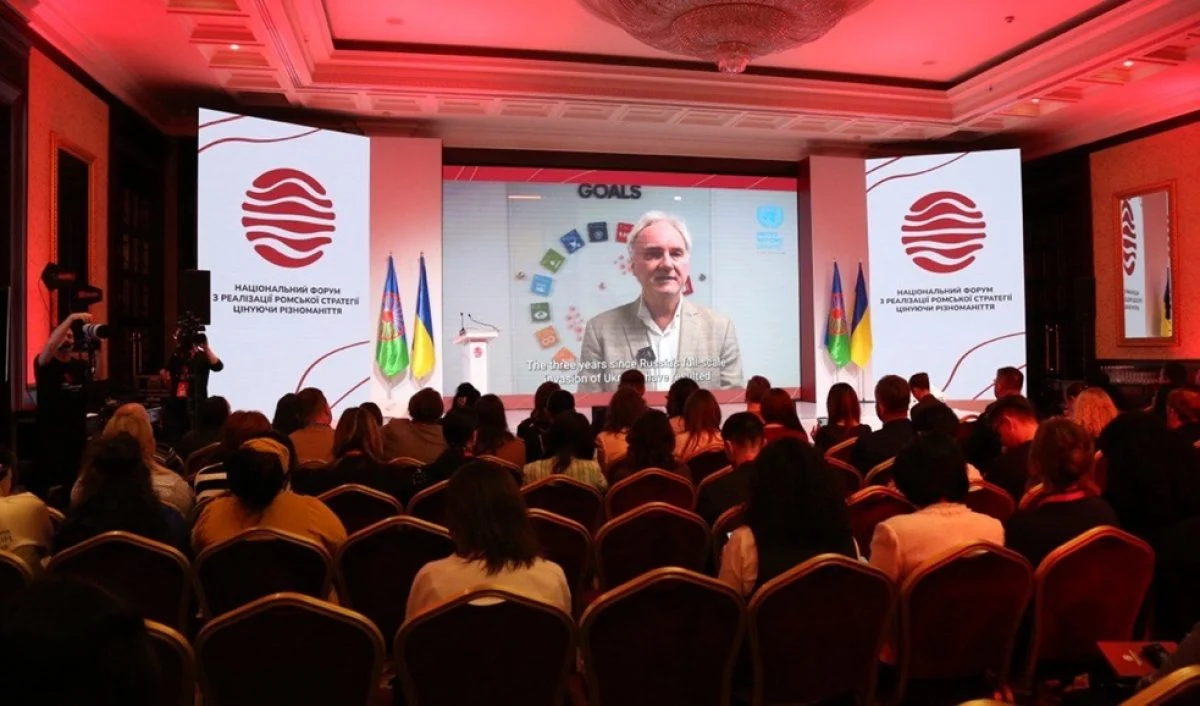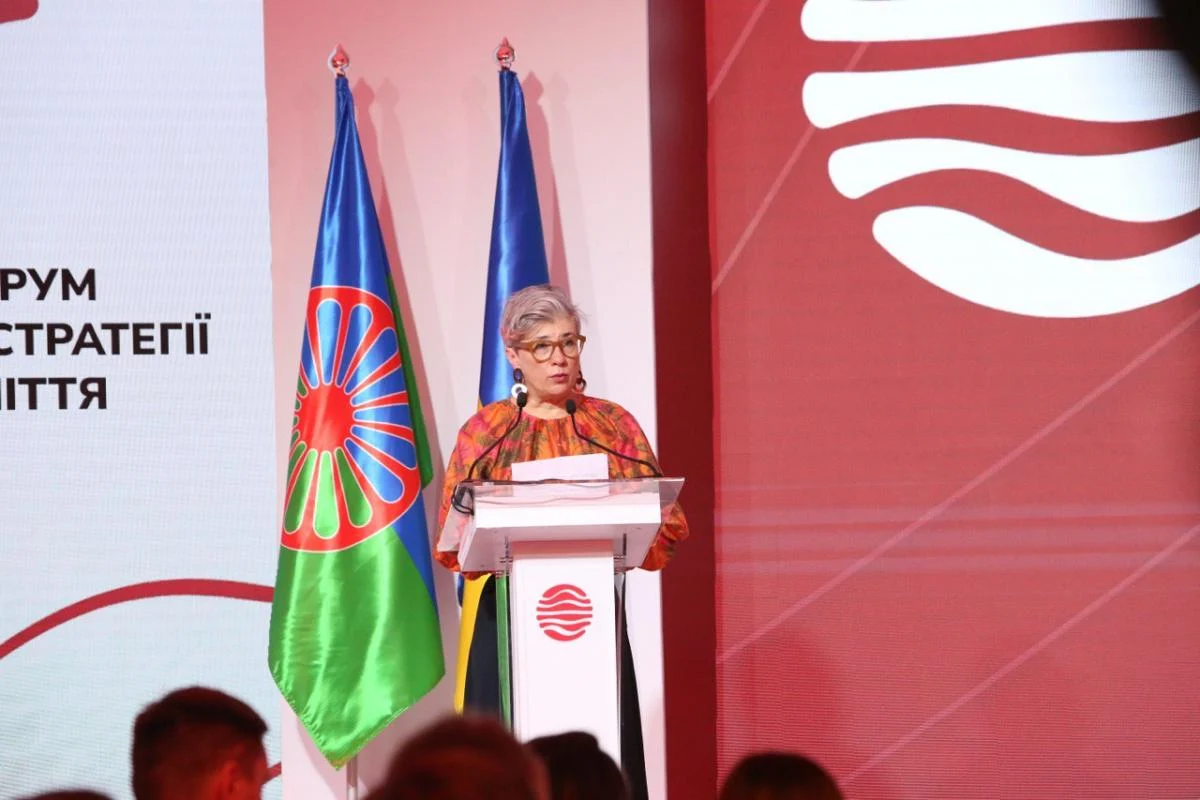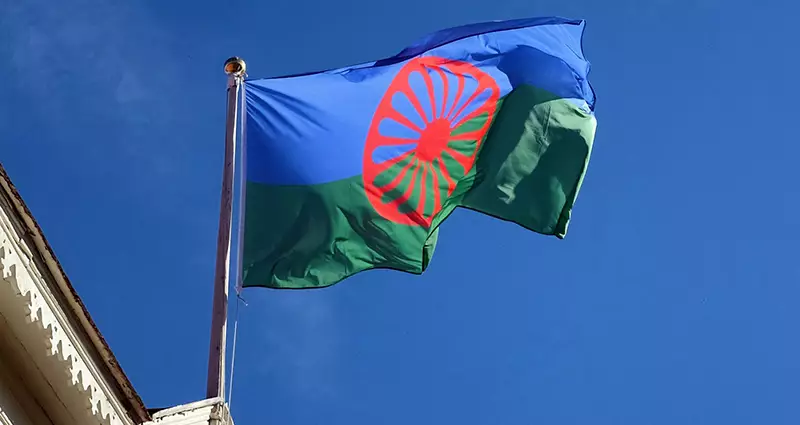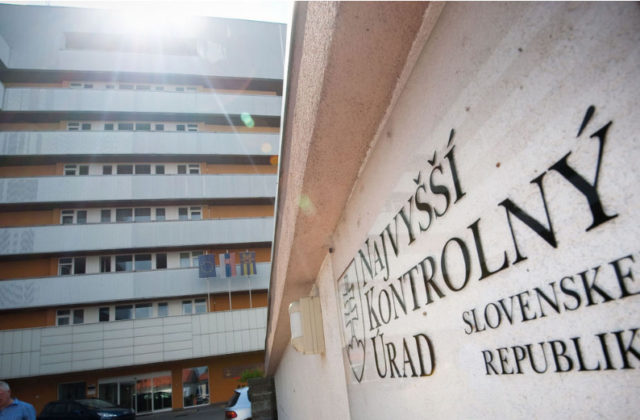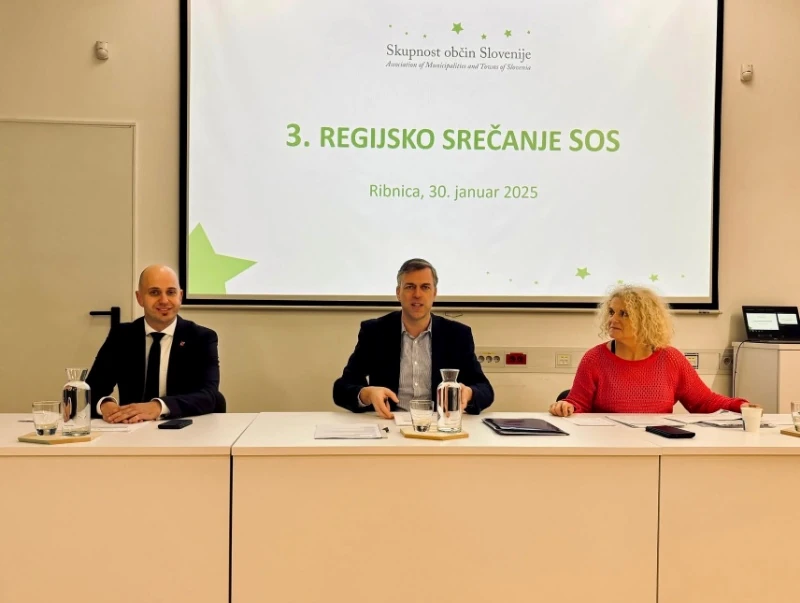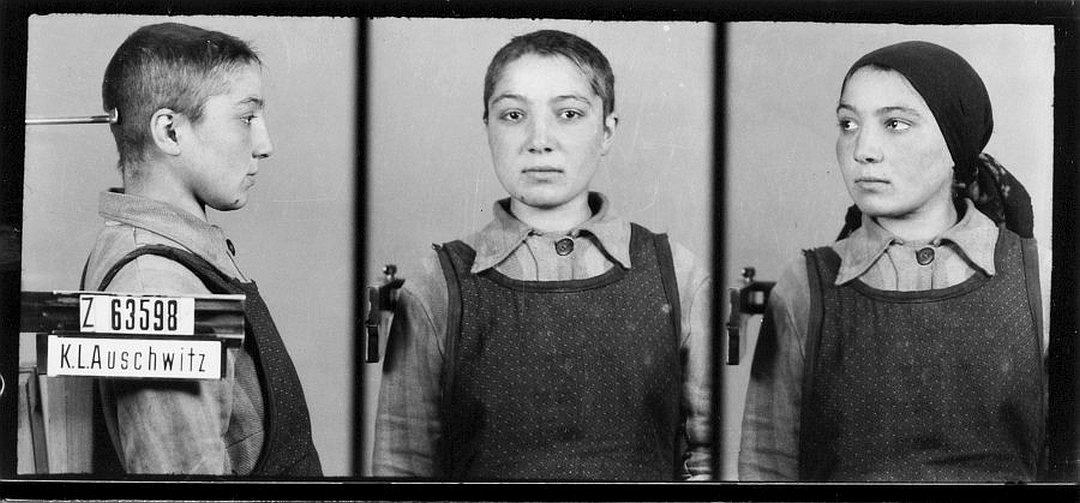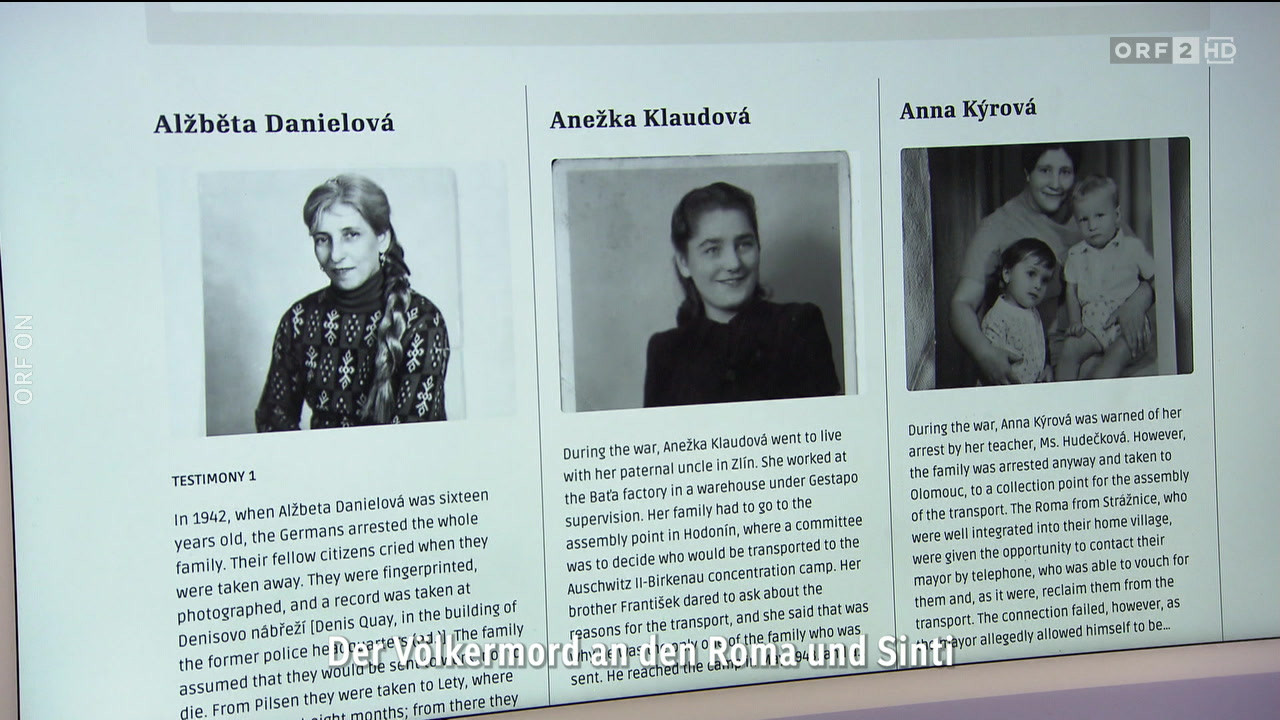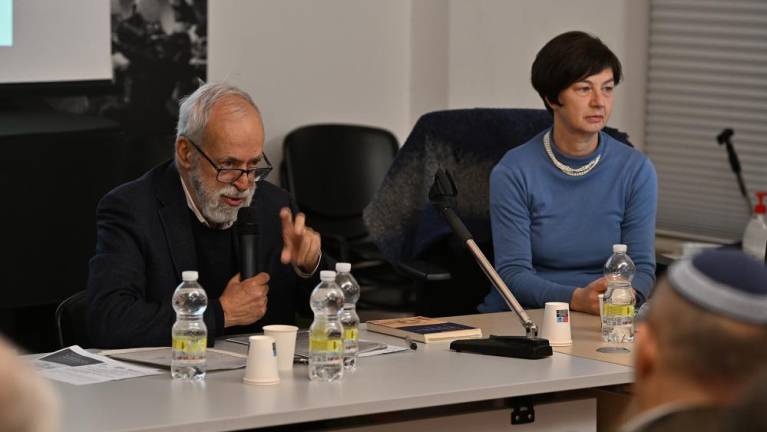She is a fashion designer, runs a fashion shop in Bratislava, and is a Romni.
Monika grew up in Bratislava in the middle of the majority. Her parent had a boutique on Obchodná Street and as a child she played near the Medical Garden. She went through her own path of acceptance and learning about Roma. “Until the beginning of elementary school, I had no idea that such a thing existed. Only then did a classmate scold me for being a gypsy. I came home and asked my mother what it was.”
Monika Vontszemüová received the Roma Spirit award for innovative contribution in fashion and fine arts.
- Bitkou mi hrozili Rómovia aj skinheadi. V osade by ma za Rómku nepovažovali, hovorí módna návrhárka. In: Aktuality. 02.02.2025. https://www.aktuality.sk/clanok/FyR82yx/bitkou-mi-hrozili-romovia-aj-skinheadi-v-osade-by-ma-za-romku-nepovazovali-hovori-modna-navrharka/

